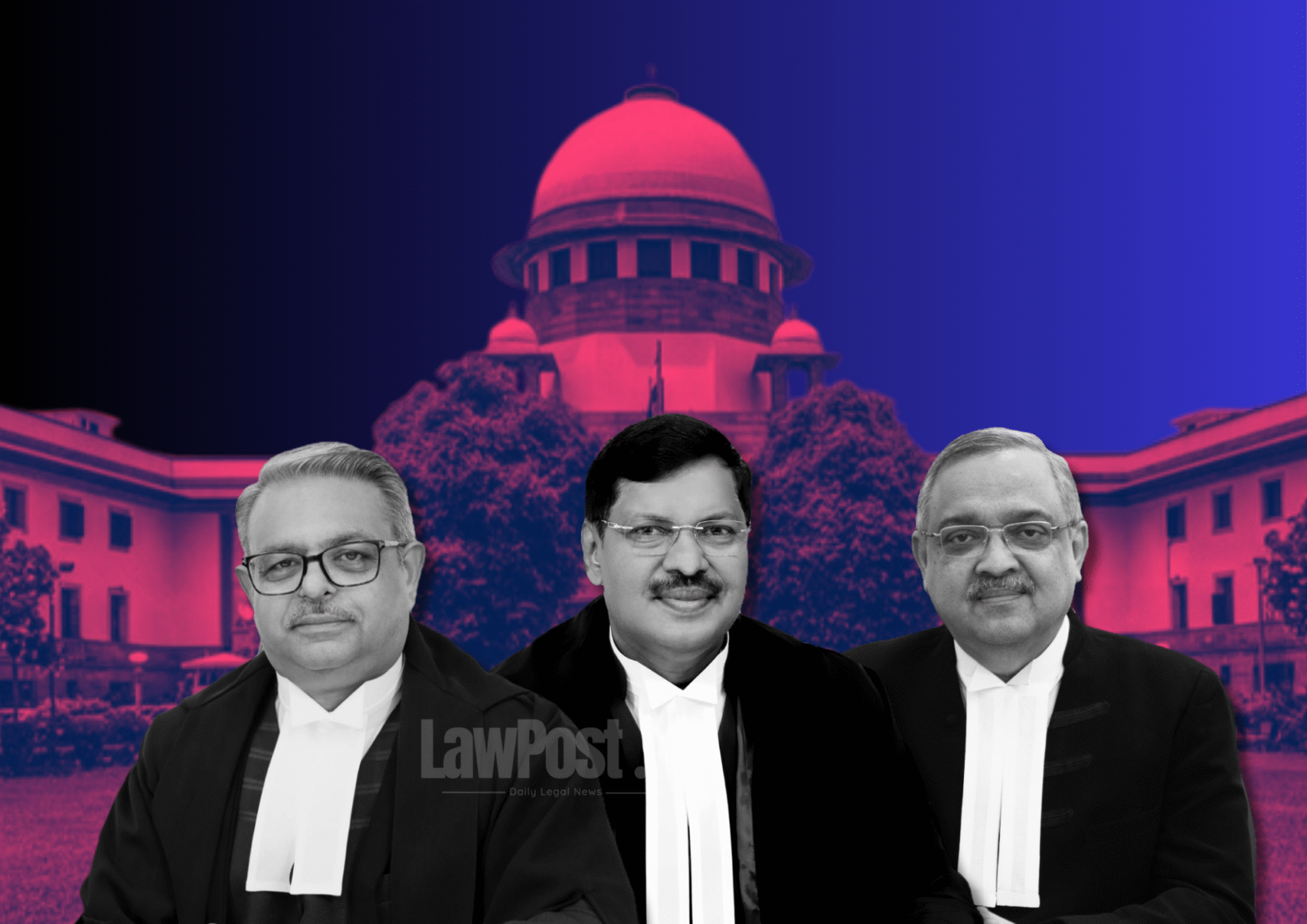In a landmark decision that will significantly alter the pathway to judicial service in India, the Supreme Court on Tuesday ruled that candidates must have a minimum of three years of practice as a lawyer to be eligible for appointment as a Civil Judge (Junior Division).
The verdict was delivered by a Bench comprising Chief Justice of India (CJI) BR Gavai and Justices AG Masih and K Vinod Chandran in the case All India Judges Association & Ors. v. Union of India.
“All the High Courts and the State Governments in the country shall amend the relevant service rules to the effect that candidates desirous of appearing in the examination for the post of Civil Judge (Junior Division) must have practiced for a minimum period of 3 years to be eligible for the said examination,” the Court directed.
Key Highlights of the Judgment
- The requirement will apply prospectively, not to ongoing recruitment drives.
- Rules must be amended by High Courts within three months, and approved by State governments within another three months.
- Experience will be counted from the date of provisional enrolment, not from clearing the All India Bar Examination (AIBE).
- Law clerks can count their clerkship experience toward the three-year requirement.
- A one-year mandatory training is now compulsory before a Civil Judge can preside in court.
“The judges from the very day on which they assume office have to deal with the questions of life, liberty, property and reputation of litigants,” the Court emphasized. “Neither knowledge derived from books nor pre-service training can be an adequate substitute for the first-hand experience of the working of the court-system and the administration of justice.”
Certification Process Outlined
To verify the required experience:
- A candidate may obtain certification from the principal judicial officer or an advocate with 10 years of standing, duly endorsed.
- Those practicing before High Courts or the Supreme Court must be certified by an advocate with 10 years of experience and endorsed by a designated court officer.
Why the Court Ruled This Way
The Court cited persistent concerns from High Courts about fresh law graduates facing “behavioural and temperament problems” after entering judicial service without courtroom exposure.
“This is possible only when a candidate is exposed to the atmosphere in the court by assisting the seniors and observing how the lawyers and the Judges function in the court,” the Court observed.
Background of the Case
The judgment stems from a challenge to the three-year practice rule first introduced by the Madhya Pradesh High Court in 2002, later adopted by other States. While supporters—including the Bar Council of India—argued the rule would enhance judicial quality, opponents claimed it was an arbitrary hurdle that denied young graduates equal access to the judiciary.
Although Article 233(2) of the Constitution mandates seven years of legal practice only for district judge appointments, the Court ruled that similar experience is essential even for junior judges, given their responsibility.
“This judgment seeks to bring uniformity and enhance the quality of the lower judiciary across the country,” the Bench concluded.
Recruitments that had been put on hold due to the pendency of this case can now proceed under the newly amended rules.
Case: All India Judges Association and ors vs Union of India – Available on LAWFYI.IO








